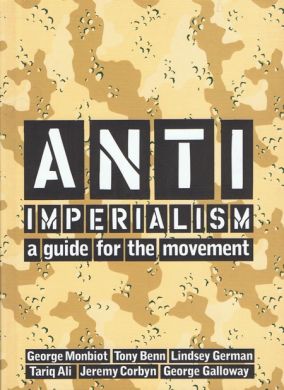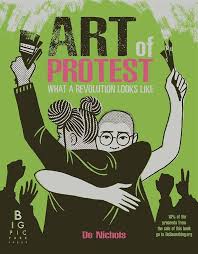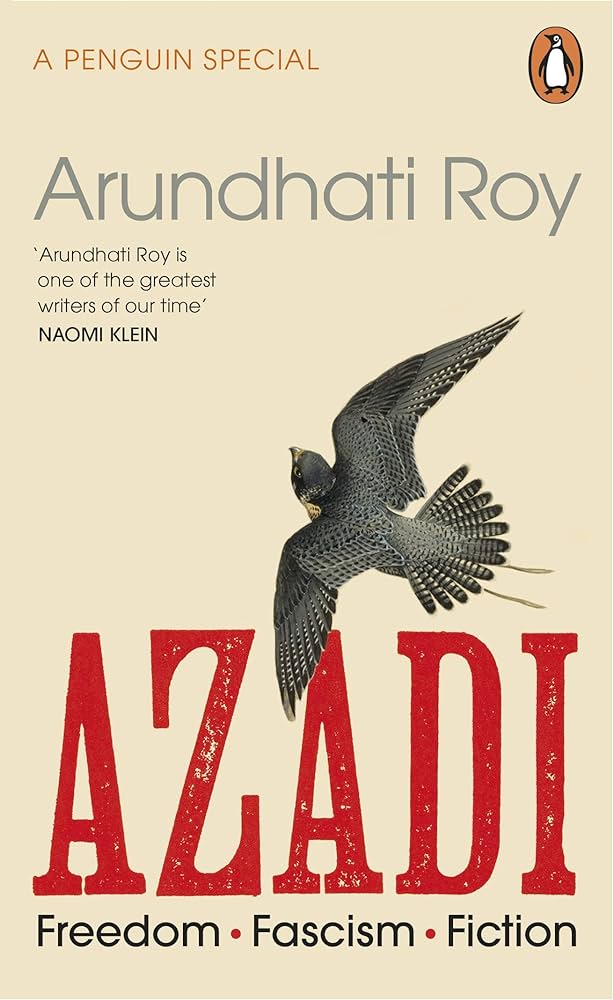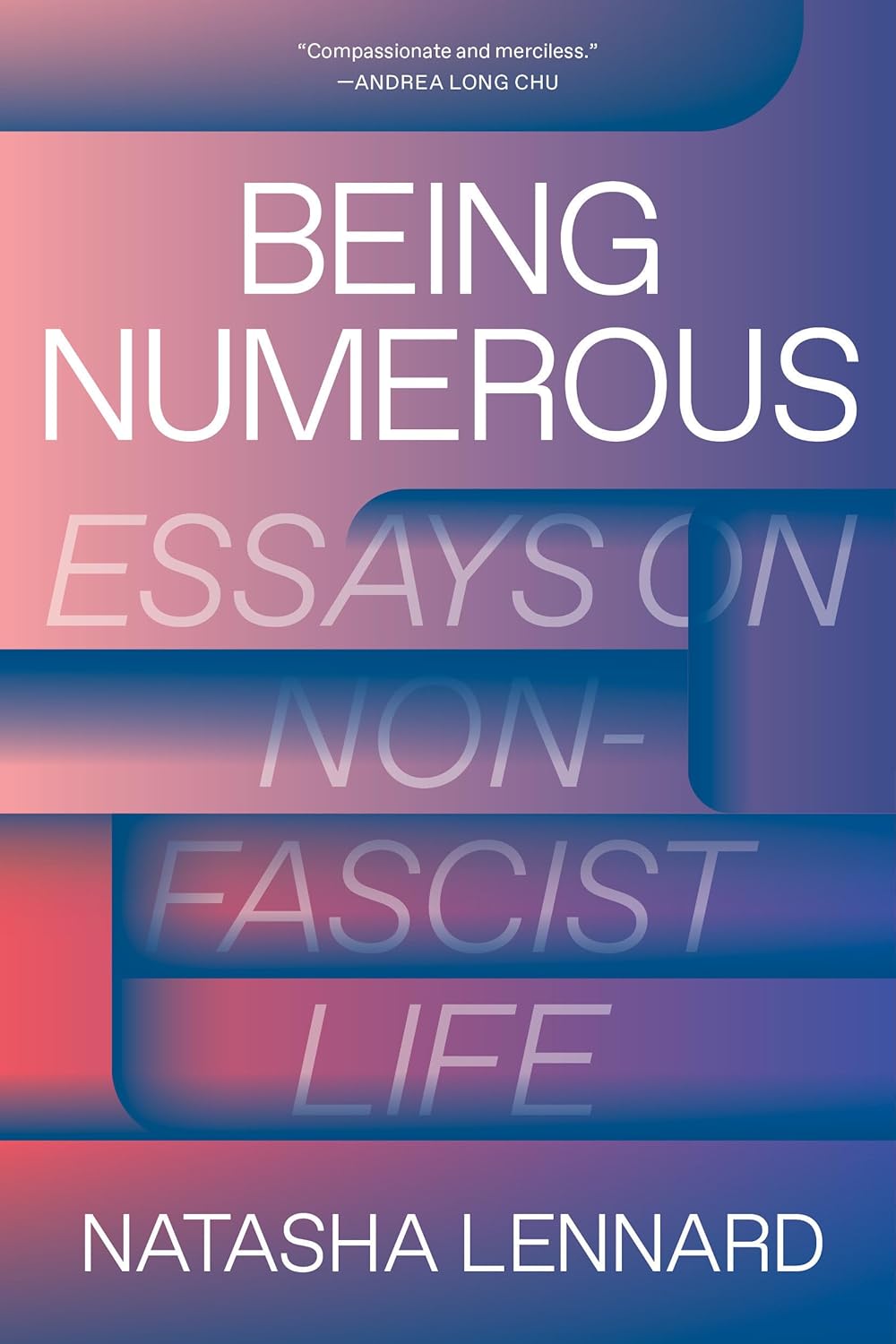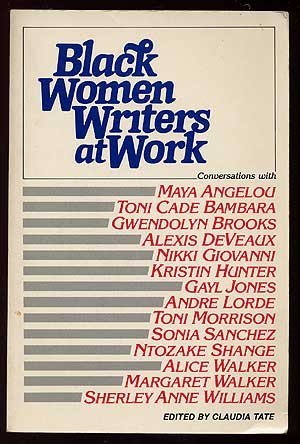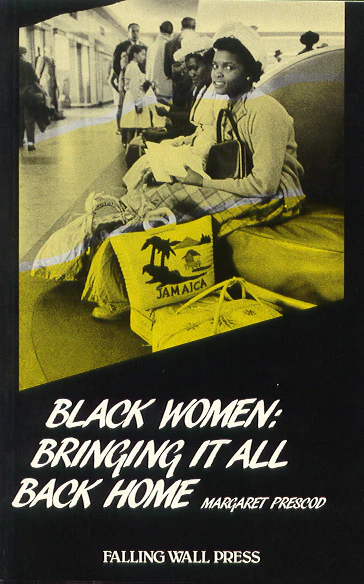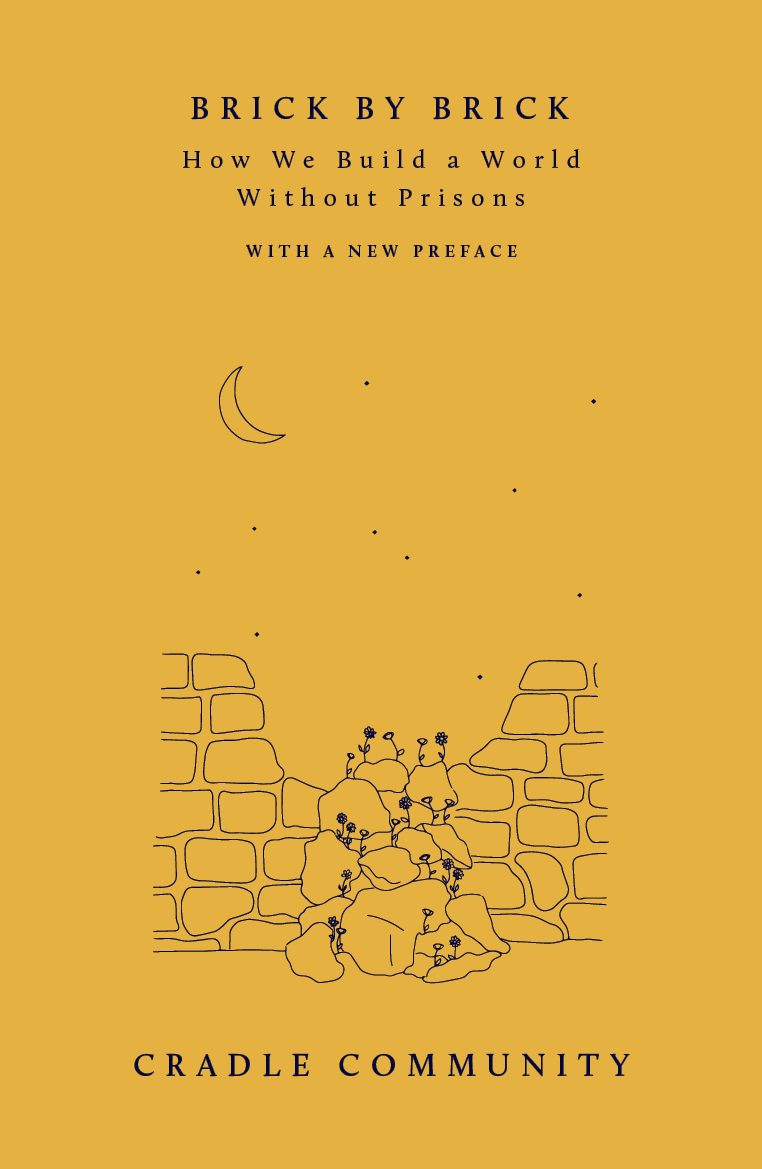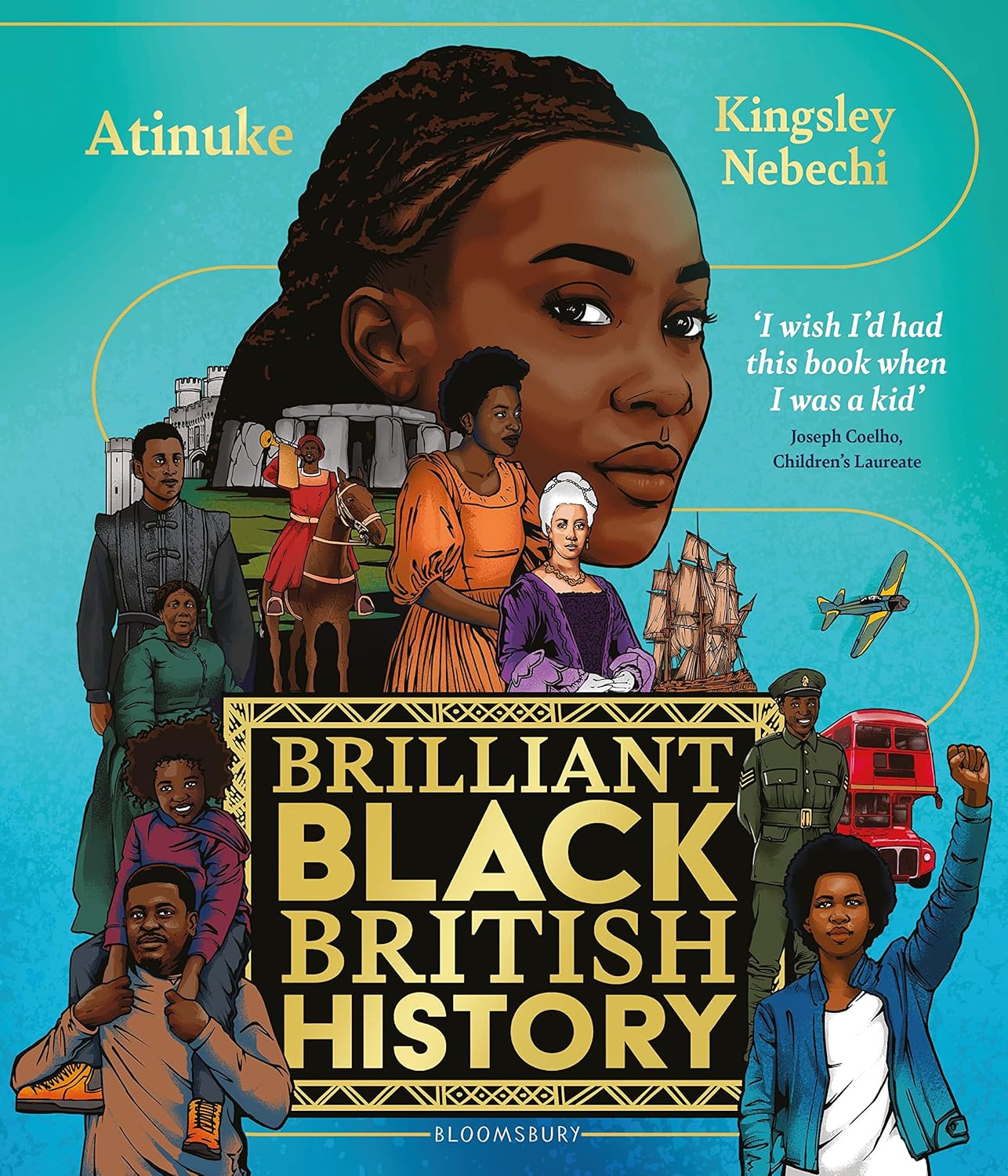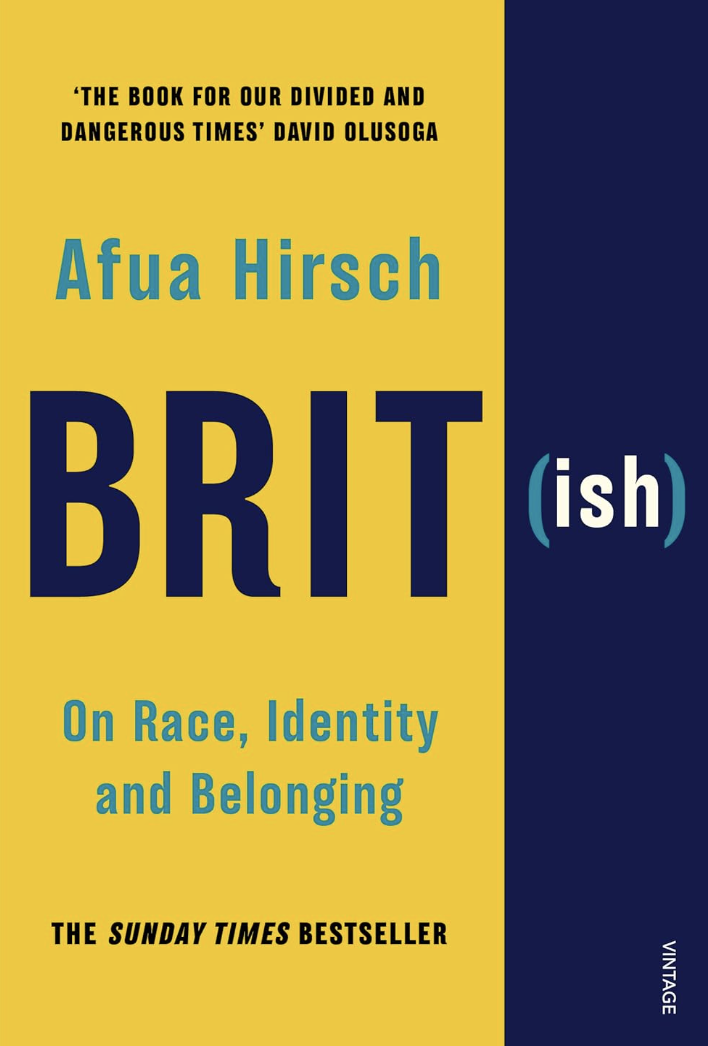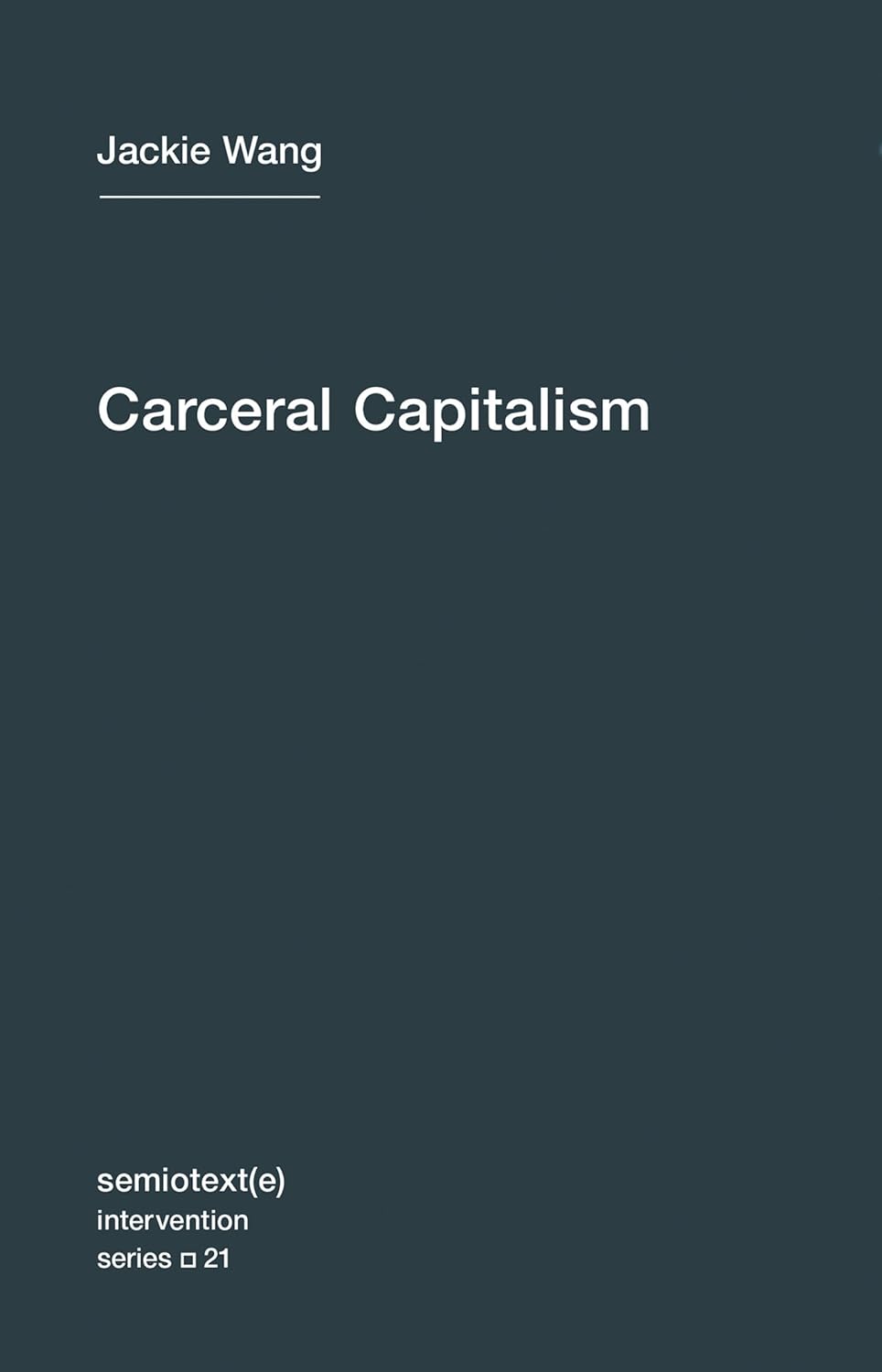A mass movement has swept across the globe. It has sparked new debates and questions about imperialism in the 21st century. Anti-Imperialism brings together some of the leading activists and writers in the anti-war movement to look at the issues, main players and regions most affected by imperialism past and present. This handbook is essential for activists everywhere. Contributors include Tariq Ali, George Monbiot, Tony Benn, Louise Christian and many others.
From the psychedelic typography used in 'Make Love Not War' posters of the 60s, to the solitary raised fist, take a long, hard look at some of the most memorable and striking protest artwork from across the world and throughout history. With an emphasis on design, analyse each artwork to understand how colour, symbolism, technique, typography and much more play an important role in communication, and learn about some of the most influential historical movements.
The chant of 'Azadi!' - Urdu for 'Freedom!' - is the slogan of the freedom struggle in Kashmir against what Kashmiris see as the Indian Occupation. Ironically, it also became the chant of millions on the streets of India against the project of Hindu Nationalism. Even as Arundhati Roy began to ask what lay between these two calls for Freedom - a chasm or a bridge? - the streets fell silent. Not only in India, but all over the world. The Coronavirus brought with it another, more terrible understanding of Azadi, making a nonsense of international borders, incarcerating whole populations, and bringing the modern world to a halt like nothing else ever could. In this series of electrifying essays, Arundhati Roy challenges us to reflect on the meaning of freedom in a world of growing authoritarianism. The essays include meditations on language, public as well as private, and on the role of fiction and alternative imaginations in these disturbing times. The pandemic, she says, is a portal between one world and another. For all the illness and devastation it has left in its wake, it is an invitation to the human race, an opportunity to imagine another world.
An urgent challenge to the prevailing moral order from one of the freshest, most compelling voices in radical politics today
Being Numerous shatters the mainstream consensus on politics and personhood, offering in its place a bracing analysis of a perilous world and how we should live in it. Beginning with an interrogation of what it means to fight fascism, Natasha Lennard explores the limits of individual rights, the criminalization of political dissent, the myths of radical sex, and the ghosts in our lives. At once politically committed and philosophically capacious, Being Numerous is a revaluation of the idea that the personal is political, and situates as the central question of our time - How can we live a non-fascist life?
"Black Women Writers: Arguments and Interviews" is a 1985 book edited by Mari Evans that contains critical essays and interviews with Black women writers, providing insight into their work and experiences. Other resources for arguments and interviews with Black women writers include the work of scholars like Courtney Thorson, a 2023 YouTube conversation with author Barbara Smith, and the interview style of Claudia Tate in her book "Black Women Writers at Work".
"Black Women: Bringing It All Back Home" focuses on the experiences of Black, immigrant, and refugee women in Britain. It addresses why West Indian women immigrated, the costs associated with their migration, and their expectations for the future.
The fight for prison abolition is a struggle for collective liberation: a transformative vision of a safer world, in which communities live free from exploitation on a thriving planet. Drawing connections across social justice movements with a shared abolitionist ethic, this revolutionary book illuminates how harmful ideas of criminality and punishment can manifest in many ways beyond the prison industrial complex. This work is a collaboration with friends, mentors and giants fighting for housing justice, food justice, climate justice, migrant justice, justice for survivors of violence, and more. With this insightful and generous book, now in its second edition, Cradle Community invites us to explore what it will take to dismantle structures of oppression, and to imagine the future we can rebuild together—brick by brick.
An eye-opening story of Britain, focusing on a part of our past that has mostly been left out of the history books: the brilliant Black history of England, Scotland, Wales and Ireland.
Did you know that the first Britons were Black? Or that some of the Roman soldiers who invaded and ruled Britain were Black, too? Join this fascinating journey through the ages to meet those first Britons, as well as the Black Tudors, Georgians and Victorians who existed in every walk of life here. The incredible journey through time is brought to life through Atinuke's fascinating storytelling and illustrated scenes, detailed maps, and timelines created by illustrator Kingsley Nebechi.
From science and sport to literature and law, celebrate the brilliant Black people who have helped build Britain. Learn about key and complex historical topics such as the world wars, slavery, the industrial revolution, Windrush and the Black Lives Matter movement. This fascinating book will change everything you thought you knew about our green-grey British isles.
You're British.
Your parents are British.
Your partner, your children and most of your friends are British.
So why do people keep asking where you're from?
We are a nation in denial about our imperial past and the racism that plagues our present. Brit(ish) is Afua Hirsch's personal and provocative exploration of how this came to be - and an urgent call for change.
In this collection of essays in Semiotext(e)'s Intervention series, Jackie Wang examines the contemporary incarceration techniques that have emerged since the 1990s. The essays illustrate various aspects of the carceral continuum, including the biopolitics of juvenile delinquency, predatory policing, the political economy of fees and fines, cybernetic governance, and algorithmic policing. Included in this volume is Wang's influential critique of liberal anti-racist politics, “Against Innocence,” as well as essays on RoboCop, techno-policing, and the aesthetic problem of making invisible forms of power legible.
Wang shows that the new racial capitalism begins with parasitic governance and predatory lending that extends credit only to dispossess later. Predatory lending has a decidedly spatial character and exists in many forms, including subprime mortgage loans, student loans for sham for-profit colleges, car loans, rent-to-own scams, payday loans, and bail bond loans. Parasitic governance, Wang argues, operates through five primary techniques: financial states of exception, automation, extraction and looting, confinement, and gratuitous violence. While these techniques of governance often involve physical confinement and the state-sanctioned execution of black Americans, new carceral modes have blurred the distinction between the inside and outside of prison. As technologies of control are perfected, carcerality tends to bleed into society.

